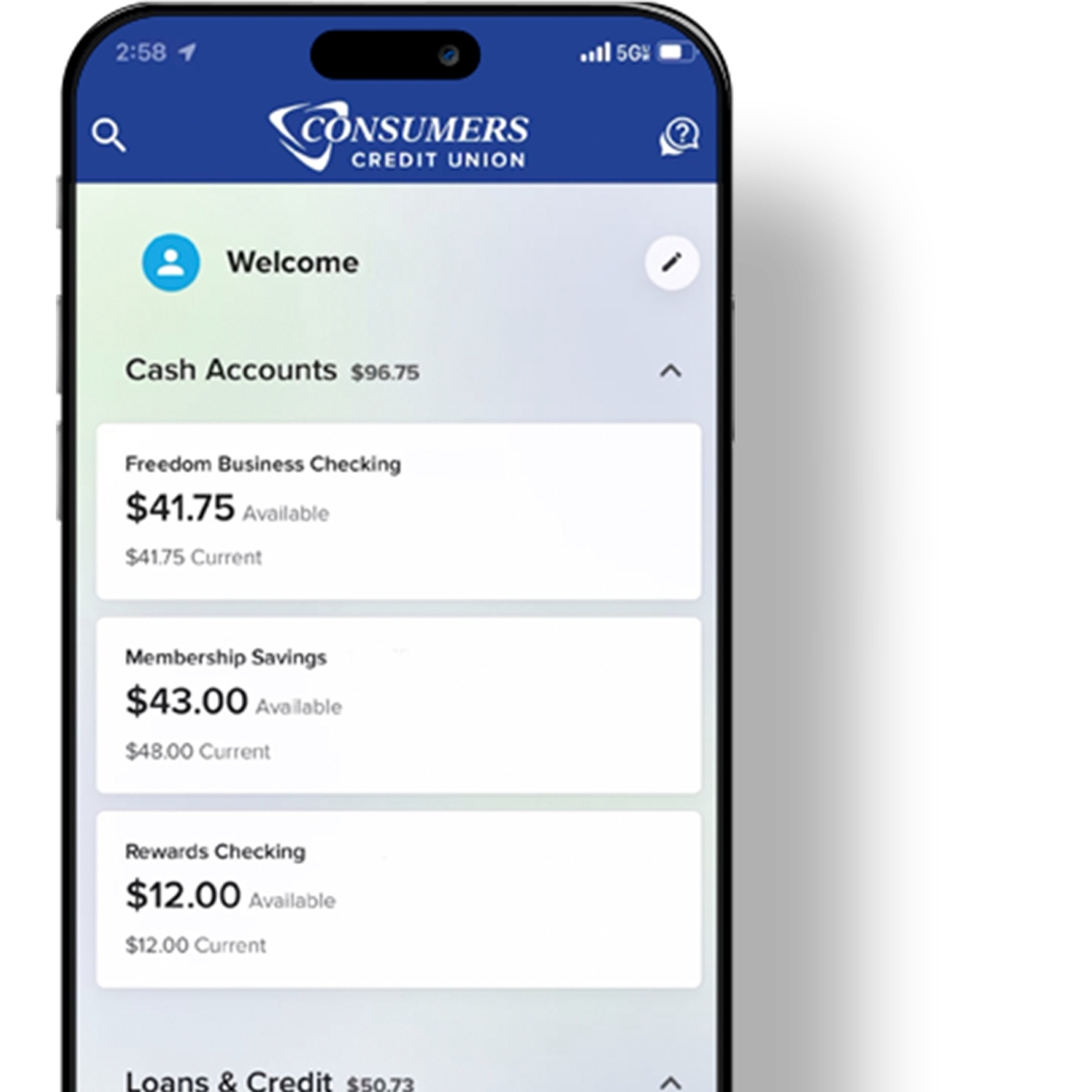Maximize Your Car's Value
December 5 2019
But there are some ways to slow the rate of depreciation down. While most of these things need to happen when you first buy the car, it is almost never too late to raise your vehicle’s value.
1. Maintain the Maintenance
It is important to properly maintain your vehicle from day one. You can find the correct maintenance schedule for your vehicle in the back of the owner’s manual. Future buyers want to know that the car was properly cared for by its previous owner. Whenever there is a problem or cosmetic issue, don’t put it off; make repairs as soon as you can to prevent it from getting worse.
2. Keep an Eye on Your Mileage
The more miles you put on a vehicle, the faster it loses value. According to the Department of Transportation, the average annual mileage for a car is 13,500. It is a good idea to keep your mileage around that number to stay within the average market price.
If your mileage is close to a round number, like 80,000, it is better to keep it below the upcoming borderline. The gap between 78,000 and 80,000 is wider than it looks and buyers will be more inclined to buy if you stay under that next milestone.
3. Clean it Regularly
- Floor mats can prevent stains and are easily removable and washable
- Don’t let trash collect in cup holders or side compartments0 Keep the pets out; dog hair is almost impossible to remove completely
- The smell of smoke is really hard to eliminate, so limit smoking
4. Drive Safely but Expect Dents & Dings
It is hard to avoid the inevitable dents, dings, and scratches our vehicles may endure. But fortunately, these minor issues are easy to fix. But any history of collision damage can negatively impact your car’s resale value. Try to keep anybody issues, to a minimum.
If your car is in a collision, find an experienced repair shop with a good reputation. It is also important that you insist on only using factory parts. Save all receipts and be upfront about the collision when it comes time to trade or sell so it doesn’t seem worse than it actually was.
5. Inspect and Replace Tires
valuable than it may actual be.
6. Keep Up with Easy Fixes
potential buyer more than a check engine light.
If the check engine light is on, have your engine inspected. If the problem is simple and inexpensive, fix it. If not, you can either have it fixed or tell the potential buyer the truth.
When it comes time to sell or trade your old car, don’t forget to apply for a new auto loan through us. Getting pre‐approved for your next vehicle gives you extra negotiating power to get the best possible purchase price.
When you get your new, or new‐to‐you car, remember to stay on top of maintenance, watch your mileage, keep it clean, and drive safely. We can’t wait to see those shiny new wheels!


